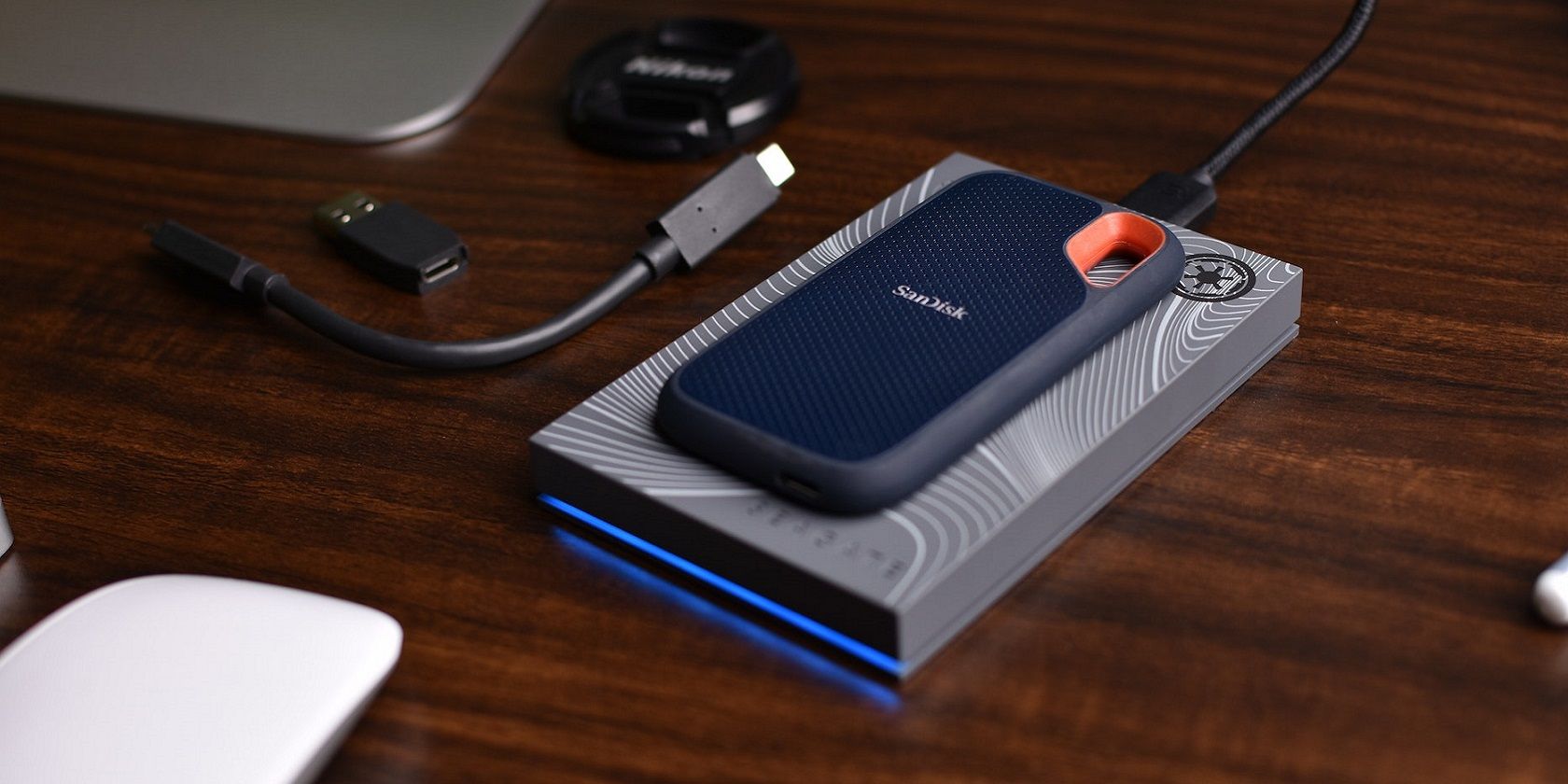
Oculus: Redefining Self in the Virtual Realm

Oculus: Redefining Self in the Virtual Realm
Oculus is launching its redesigned avatars that are more expressive and customizable. Initially, these overhauled avatars will only be usable in a few select games, but the company hopes to expand this to more games in the future.
The New Avatars Come With a Quintillion Feature Combinations
In a post on theOculus blog , Facebook highlights the extent of customization its new avatars offer:
The new Avatars support over one quintillion permutations (that’s 18 zeros if you’re counting) so hopefully your Avatar will be more “You” than ever before.
Coming to facial features, users can individually change various characteristics of their Avatar such as their eyes, nose, and even wrinkles. Earlier, Avatars only had a “monolithic Face category” that didn’t leave much scope for customization.
Additionally, users can choose from more body types, beards, and make-up styles for their Oculus Avatars.
With the new update, the Editor allows users to view their Avatar’s legs as well. Users can select their desired clothing for the legs, although it won’t be visible outside the Editor. Oculus mentioned that “elsewhere in VR, avatars will only display from the waist up.”
Updated Avatars Available For a Few Games
In the blog post, Oculus mentioned that on the release date, new Avatars in a handful of games only—Epic Roller Coasters, Poker Stars VR, and Topgolf with Pro Putt. Naturally, the list of supported games will expand soon. Currently, Facebook has confirmed the new Avatars will soon be supported in Synth Riders, ForeVR Bowling, and Facebook Horizon.
To increase the availability of new Avatars in more games, Facebook said they’ll “expand support and allow all developers to access your avatar via Avatar SDK 2.0.” Using these new Avatars Facebook hopes “to create a more unified and cohesive social space in VR.”
Related:Is Virtual Reality Really the Future of Everything?
The company also plans to make these Avatars available on platforms such as the Facebook app, Messenger, and Instagram.
The New Avatars Come With Better Movement
Using a machine-learning based motion prediction technology, Facebook claims to have made Avatar movements much smoother.
Facebook acknowledged the technical challenges that come with “trying to mimic how your body is moving in real-life.” In order to overcome this, Facebook developed a model that predicts shoulder and elbow positions based upon the location of your headset and controllers.
It’s clear that these new Avatars are going to play an important part in the entire Facebook ecosystem. It will also be exciting to see whether Facebook integrates them into Facebook Gaming as well.
Also read:
- [New] Compiling Top iPhone Video Apps for 2024
- [New] In 2024, Frameworks for Compelling YouTube Content Layouts
- [Updated] The Ultimate Guide to Professional GoPro Video Making
- 2024 Approved Augmented Reality Excellence Mastering the Use of Spark AR LUTs
- 4 Ways Social Media Changed
- Begin Each Stanza with a Line From the Original Document Verbatim.
- Cyber Risks in Casual Social Media Quizzes Analyzed
- How to Unlock Xiaomi Redmi K70E Phone without Any Data Loss
- In 2024, Is GSM Flasher ADB Legit? Full Review To Bypass Your Xiaomi Redmi 13C 5GFRP Lock
- Innovating Social Interactions: Messenger's AR Expansion
- Protocol for Leaving a Digital Community Constructively
- Snapchat of the Networld: Facebook's Trajectory to Meta
- Strategies for Enforcing Conduct on Your Facebook Page
- Title: Oculus: Redefining Self in the Virtual Realm
- Author: Michael
- Created at : 2024-12-01 17:26:16
- Updated at : 2024-12-06 23:31:20
- Link: https://facebook.techidaily.com/oculus-redefining-self-in-the-virtual-realm/
- License: This work is licensed under CC BY-NC-SA 4.0.